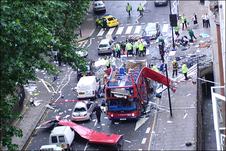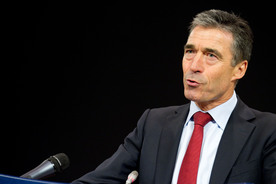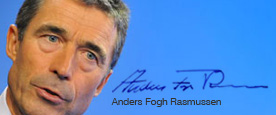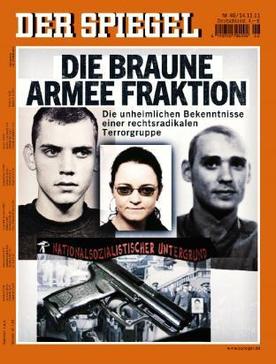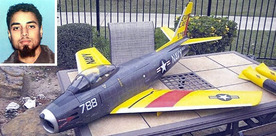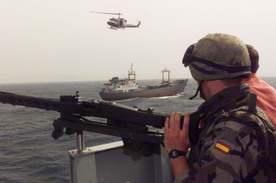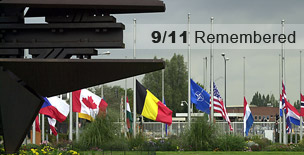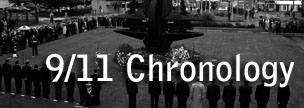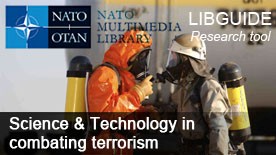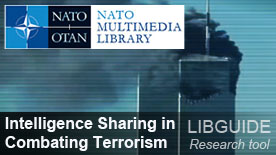NATO and the fight against terrorism
News
-
Experts explore technological solutions for the detection and disposal of explosives
20 Sep. 2012
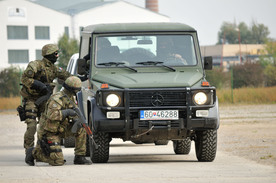
The latest technologies to improve explosive ordnance disposal (EOD) and the detection of explosives were the focus of the NATO EOD Demonstrations and Trials that took place in Trenčin, Slovakia, from 18 to 20 September. Representatives of companies, research and development institutes, NATO bodies and Allied and partner countries came together to discuss the way ahead. The event concluded with a seminar organized under the auspices of the NATO-Russia Council.

- Statement by the NATO Secretary General on the attack in Bulgaria
-
NATO-Russia exercise tests responses to simulated terrorist attack
26 Mar. 2012
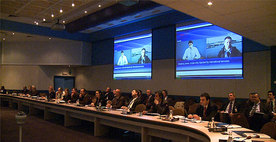
''Terrorists hijack a passenger cruise ship in international waters and threaten to sink it if their demands are not met within 48 hours. The hostages aboard include citizens of a number of NATO-Russia Council (NRC) countries.'' This was the fictitious scenario for a counter-terrorism tabletop exercise organized under the NRC, at NATO Headquarters on 26 and 27 March 2012.

NATO Secretary General and the fight against terrorism
Publications
NATO Review
Photo galleries
Opinions
Last updated: 09-Oct-2012 13:42
Natochannel.tv
-
 Countering Terrorism Together
Countering Terrorism Together
10 Dec. 2011
-
 NATO-Russian Federation: Suicide bomber alert
NATO-Russian Federation: Suicide bomber alert
07 Dec. 2011
-
 NATO and the days after 9/11
NATO and the days after 9/11
07 Sep. 2011
-
 Fighting Back Against IED's
Fighting Back Against IED's
17 Jun. 2011
-
 Vigilant Skies
Vigilant Skies
08 Jun. 2011
-
 Fighting Terrorism together
Fighting Terrorism together
15 Apr. 2011
-
 Airspace security: united we stand
Airspace security: united we stand
08 Nov. 2010
Topics
- Weapons of Mass Destruction
- Countering Improvised Explosive Devices (C-IEDs)
- Chemical, Biological, Radiological, and Nuclear Defence Battalion (CBRN)
- The Partnership Action Plan against Terrorism (PAP-T)
- Defence against terrorism programme of work (DAT POW
- Operation Active Endeavour
- AWACS: NATO’s 'Eye In The Sky'
- Civil Emergency Planning (CEP)
- The Euro-Atlantic Disaster Response Coordination Centre (EADRCC)
Official Texts
- NATO’s policy guidelines on counter-terrorism21 May. 2012
- Chicago Summit Declaration issued by the Heads of State and Government participating in the meeting of the North Atlantic Council in Chicago on 20 May 201220 May. 2012
- Statement by the North Atlantic Council on the occasion of the 10th anniversary of the invocation of article 5 on 12 September 200112 Sep. 2011
Links
- United Nations Counter-Terrorism Committee Executive Directorate (UN CTED) - Directory of international best practices, codes and standards for the implementation of UN Security Council resolution 1373 (2001)
- Centre of Excellence for Defence Against Terrorism (COE-DAT)
- Science Cooperation - Selected Projects funded by NATO - Defence against Terrorism (DAT)

